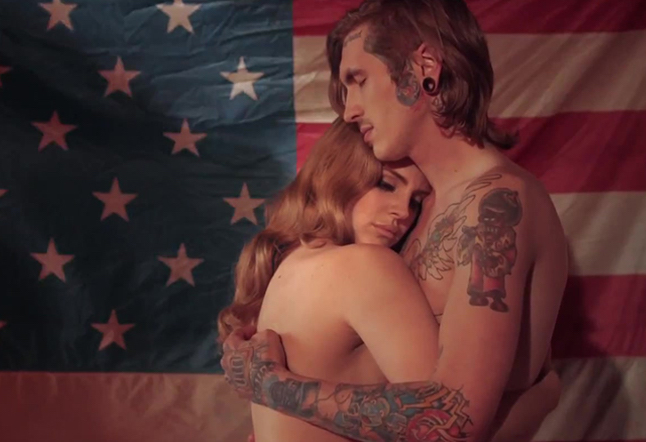Many love stories depicted in films and novels either have a happy or tragic ending.
But what if—for many of us—it’s neither but rather somewhere in between?
In Alain de Botton’s book The Course of Love, the author tells a story of a couple and the conflicts they experience over the course of their marriage. He challenges the romantic view of love, suggesting, “What we typically call love is only the start of love.”
Whether you’re single or in a relationship, there’s so much wisdom to be gained from this book. I am currently single, but I have been in both short and long-term relationships. This book is helping me to acknowledge my vulnerabilities, reflect on my experiences, and appreciate the time I have to myself for introspection and self-improvement.
If we can’t help but feel left out and envious when we see “happy couples,” Alain de Botton grounds us from this illusion, reminding us that life is a struggle.
Below are some compelling quotes from the novel:
“For the Romantic, it is only the briefest of steps from a glimpse of a stranger to the formulation of a majestic and substantial conclusion: that he or she may constitute a comprehensive answer to the unspoken question of existence.”
“Society as a whole appears to be determined to render the single state as nettlesome and depressing as possible: once the freewheeling days of school and university are over, company and warmth become dispiritingly hard to find; social life starts to revolve oppressively around couples; there’s no one left to call or hang out with. It’s hardly surprising, then, if when we find someone halfway decent, we might cling.”
“Our romantic lives are fated to be sad and incomplete because we are creatures driven by two essential desires which point powerfully in entirely opposite directions. Yet what is worse is our utopian refusal to countenance the divergence, our naive hope that a cost-free synchronization might somehow be found: that the libertine might live for adventure while avoiding loneliness and chaos. Or that the married Romantic might unite sex with tenderness, and passion with routine.”
“The error of infatuation is more subtle: a failure to keep in mind the central truth of human nature that everyone—not merely our current partners, in whose multiple failings we are such experts—but everyone will have something substantially and maddeningly wrong with them when we spend more time around them, something is so wrong as to make a mockery of those initially rapturous feelings.”
“We are so impressed by honesty that we forget the virtues of politeness; a desire not always to confront people we care about with the full, hurtful aspects of our nature.”
“Love is a skill, not just an enthusiasm.”
“The price of a few works of genius throughout history is a substantial portion of the human race being daily sickened by anxiety and disappointment.”
“Few in this world are ever simply nasty; those who hurt us are themselves in pain. The appropriate response is hence never cynicism or aggression but, at the rare moments one can manage it, always love.”
“Pronouncing a lover ‘perfect’ can only be a sign that we have failed to understand them. We can claim to have begun to know someone only when they have substantially disappointed us.”
“Choosing a person to marry is hence just a matter of deciding exactly what kind of suffering we want to endure, rather than an imagining we have found a way to skirt round the rules of emotional existence.”
“If we are not regularly deeply embarrassed by who we are, the journey of self-knowledge hasn’t begun.”
“Rather than some notional idea of perfect complementarity, it is the capacity to tolerate dissimilarity that is the true marker of the ‘right’ person. Compatibility is an achievement of love; it shouldn’t be its precondition.”
People often look for love to fill areas in their lives that are missing or incomplete. However, relationships do not make our problems disappear; instead, our troubles carry over and become magnified through the lens of another person.
Being intimate with someone may feel like we are under a microscope and that every detail becomes important—from our shortcomings and quirks to our strengths and insecurities. With introspection and patience, relationships can help inform us about our needs, desires, and aspirations, and ultimately—help us grow.
Source: De Botton, Alain, “The Course of Love” New York: McCelland & Stewart. 2016.
Author: Catherine Chea
Image: YouTube
Editor: Sara Kärpänen
Copy editor: Nicole Cameron


 Share on bsky
Share on bsky





Read 0 comments and reply